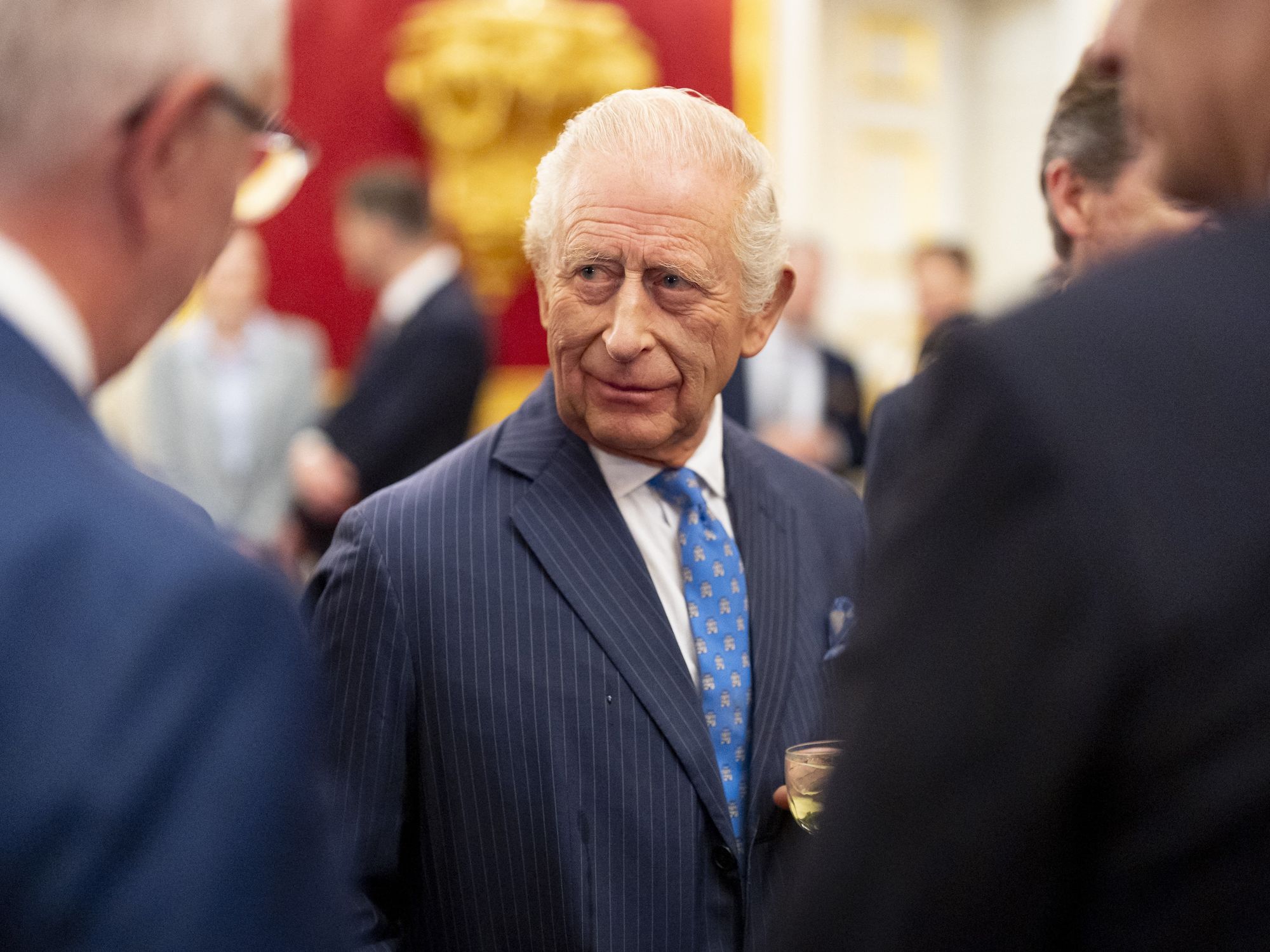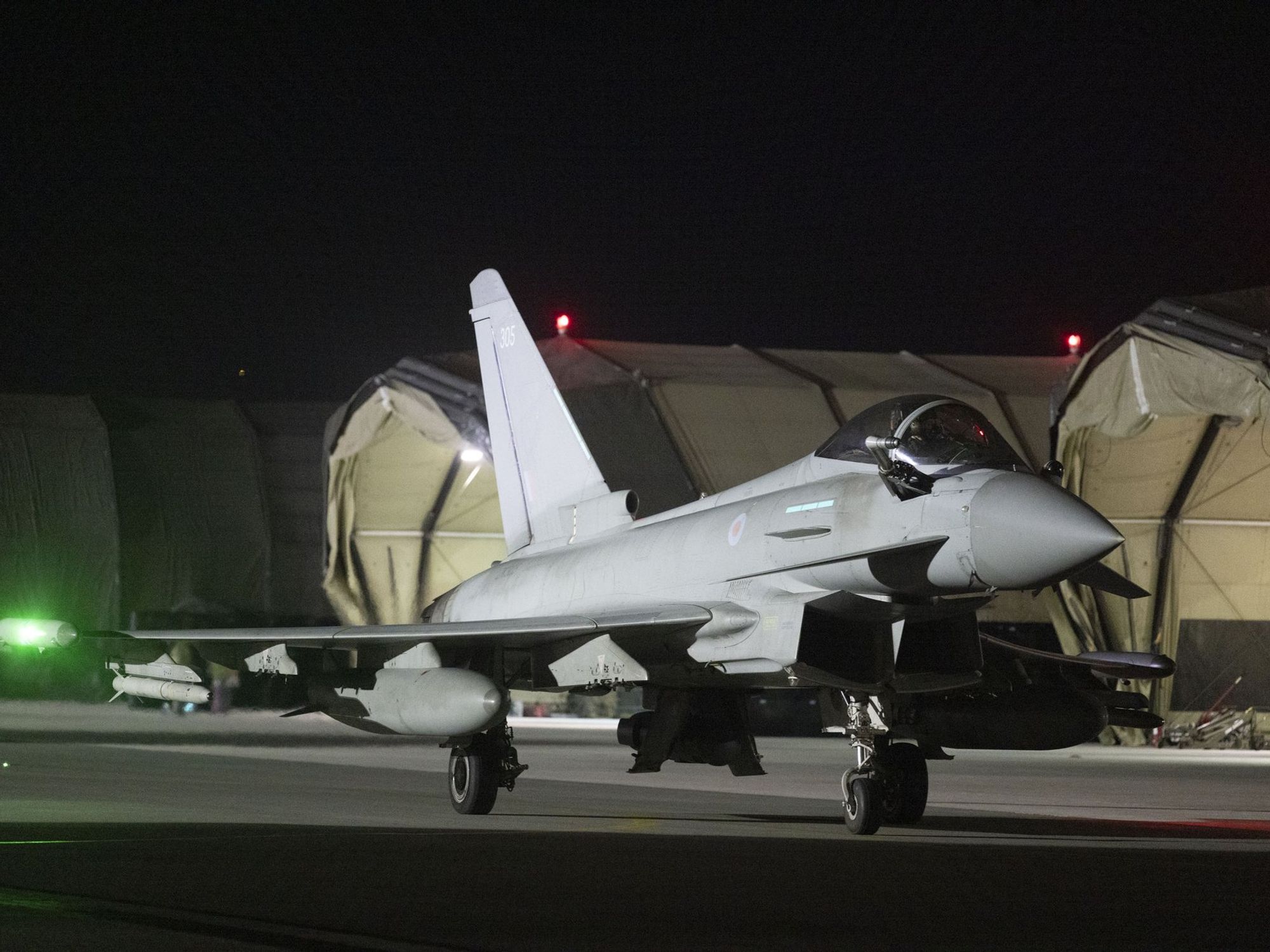UK pulls out of European armed forces treaty to work on new measures
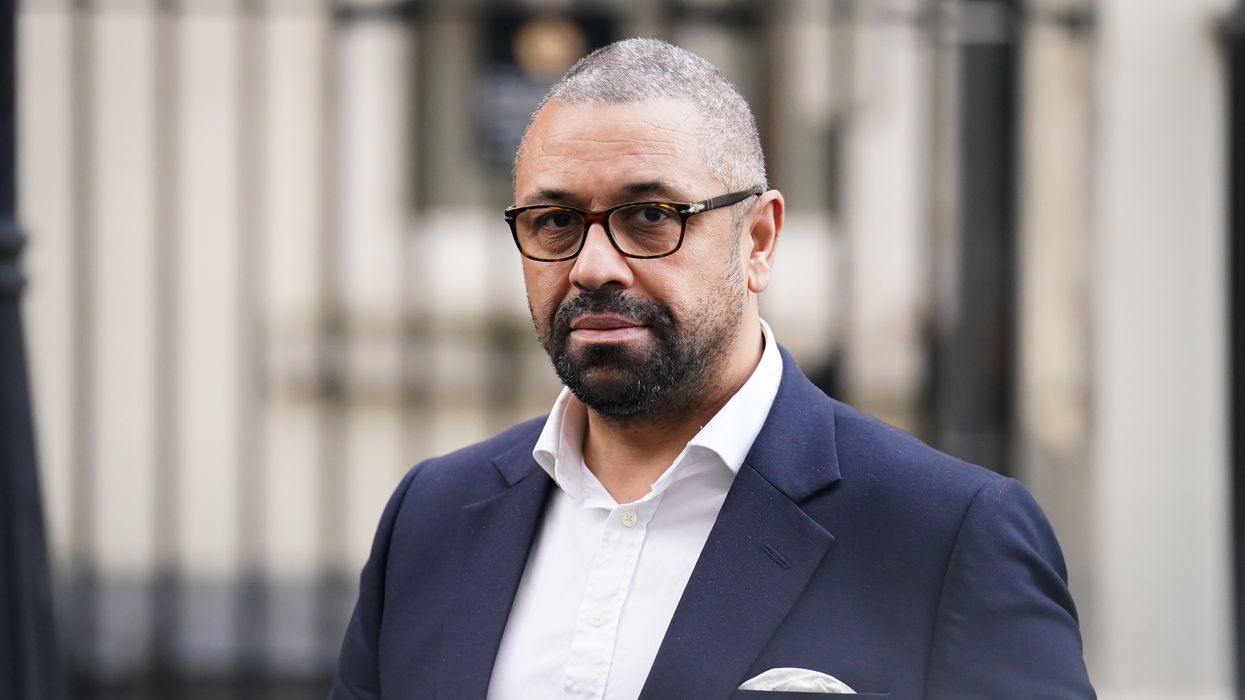
The UK has suspended its participation in a key post-Cold War European armed forces treaty
|PA

The UK and its Allies has decided to suspend its participation in the Treaty
Don't Miss
Most Read
The UK has suspended its participation in a key post-Cold War European armed forces treaty and will instead work with other "likeminded nations" on new measures.
It comes in response to Russia's decision to formally pull out of the Treaty on Conventional Armed Forces in Europe.
Russia blamed the US for undermining post-Cold War security with the enlargement of the Nato military alliance.
The UK, alongside its allies, has now also decided to suspend its participation in the treaty.
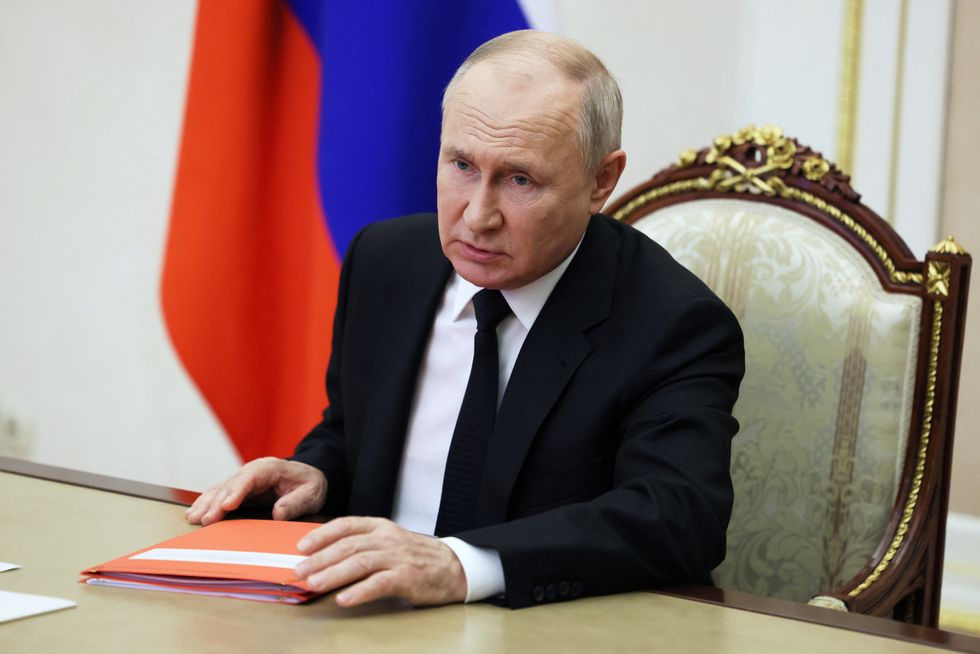
Russia blamed the US for undermining post-Cold War security with the enlargement of the NATO military alliance
| REUTERSThe 1990 Treaty on Conventional Armed Forces in Europe (CFE), was signed a year after the fall of the Berlin Wall and placed verifiable limits on categories of conventional military equipment that Nato and the then-Warsaw Pact could deploy.
The treaty was designed to stop either side of the Cold War from gathering forces for a swift offensive against the other in Europe.
Foreign Secretary James Cleverly said: "We unequivocally condemn Russia’s decision to withdraw from the Treaty, the latest in a line of Russian efforts to undermine strategic stability and the Euro-Atlantic security architecture.
"Russia’s unilateral withdrawal undermines reciprocity, which lies at the heart of the CFE Treaty.
LATEST DEVELOPMENTS:
"This is a destabilising move for the integrity of the Treaty and to continue to implement the Treaty would suggest that we think that the Treaty continues to operate as intended. This is plainly not the case.
The statement added: "In response to Russia’s move, the UK, alongside its Allies has decided to suspend its participation in the Treaty."
Russia suspended participation in the treaty in 2007 and stopped active participation in 2015.
Following its full-scale invasion of Ukraine, President Vladimir Putin signed an order denouncing the pact in May.
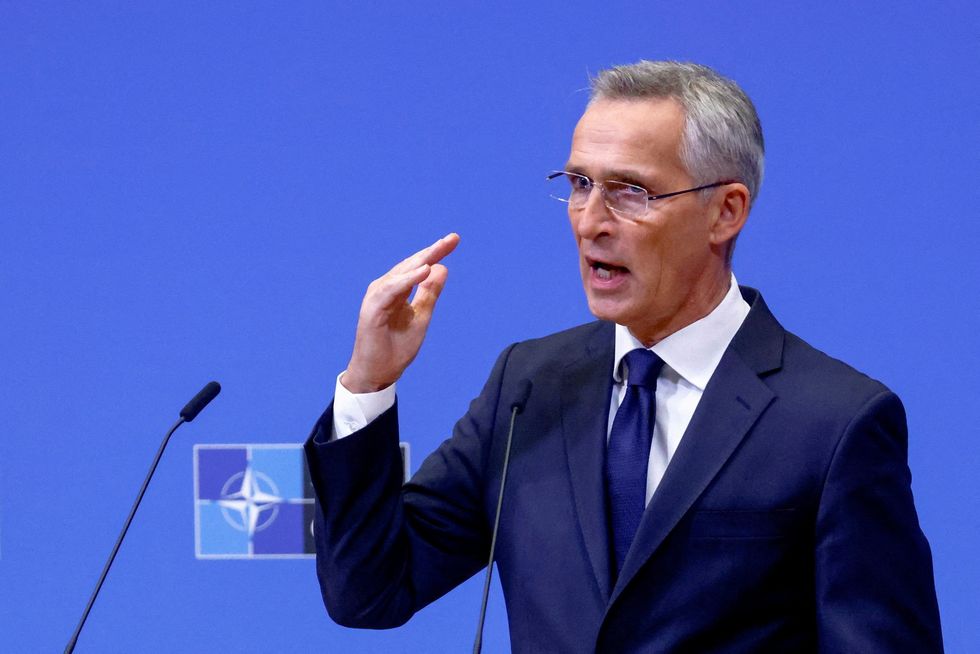
NATO criticised Russia's decision, saying it undermined Euro-Atlantic security
| ReutersRussia's foreign ministry said: "The CFE Treaty was concluded at the end of the Cold War, when the formation of a new architecture of global and European security based on cooperation seemed possible, and appropriate attempts were made."
After Russia announced its intention to leave the treaty this year, Nato criticised the decision, saying it undermined Euro-Atlantic security.
In June, Nato said: "Russia has for many years not complied with its CFE obligations. Russia's war of aggression against Ukraine, and Belarus' complicity, is contrary to the objectives of the CFE Treaty."







